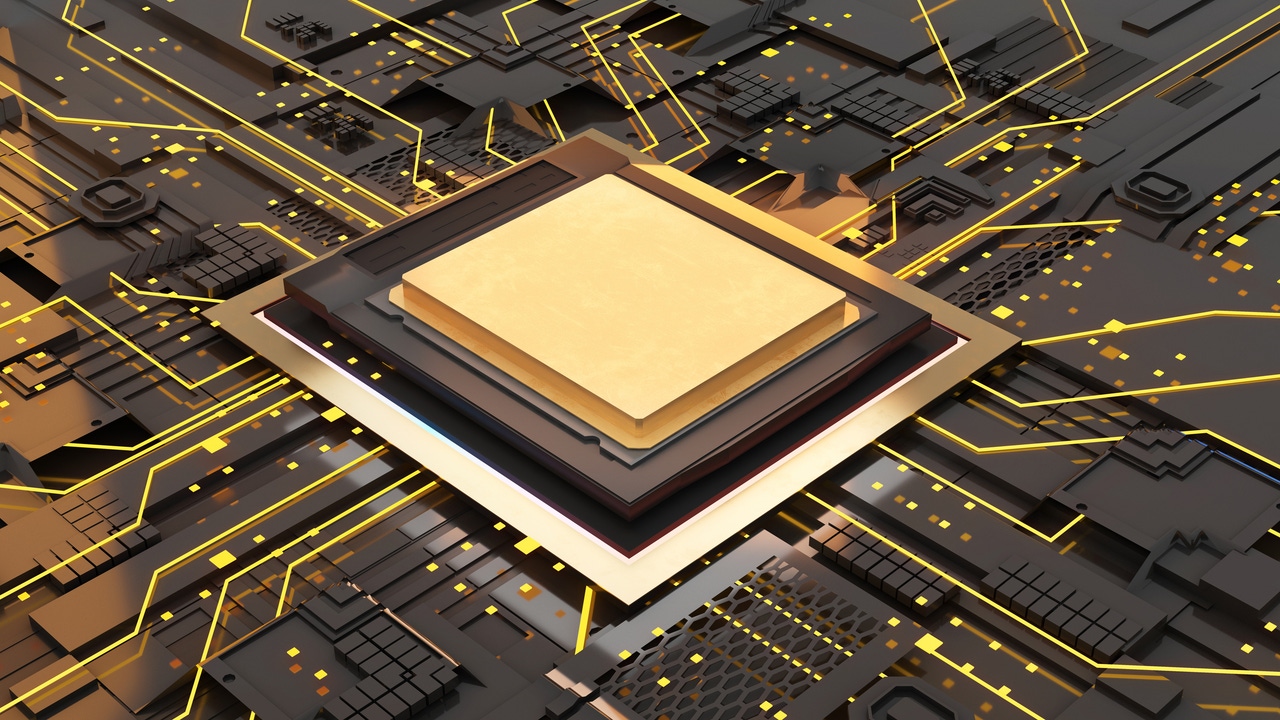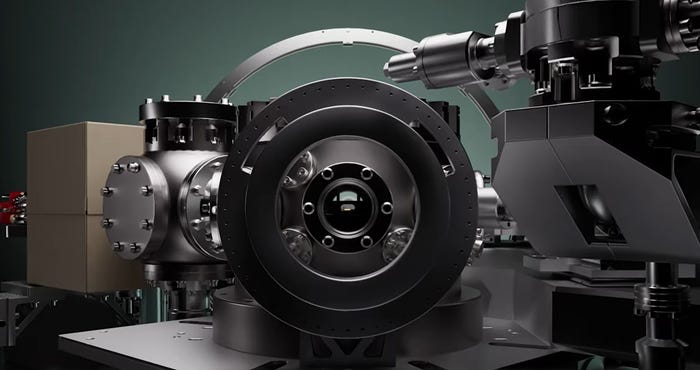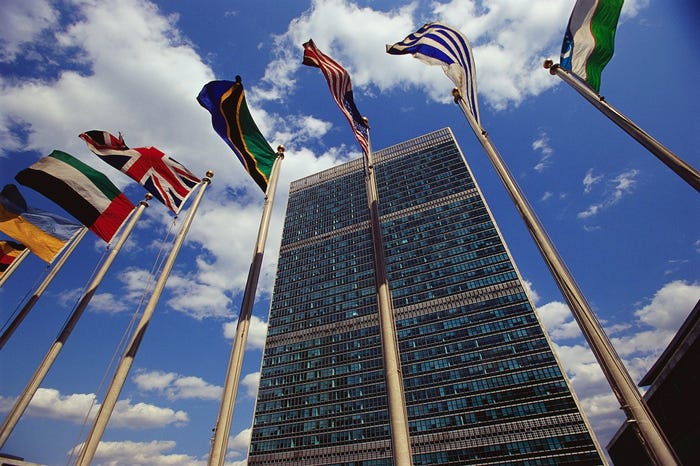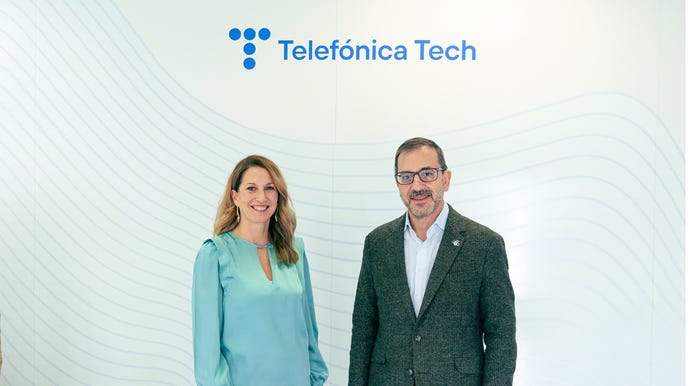
Connects decision-makers and solutions creators to what's next in quantum computing
Russian Researchers Announce 50-Qubit Quantum ComputerRussian Researchers Announce 50-Qubit Quantum Computer
Single neutral rubidium atom technology offers a pathway to scaling

Researchers at Lomonosov Moscow State University (MSU) and the Russian Quantum Center (RQC) have announced Russia's first 50-qubit quantum computer prototype.
This achievement aligns with Russia's quantum computing roadmap, which aims to advance the nation's quantum capabilities.
The prototype uses single neutral rubidium atoms that are captured and manipulated using optical tweezers, highly focused laser beams that hold and control the atoms' positions and states in an ordered array.
The system comprises a laser setup for cooling and controlling atomic states, along with an ultra-high vacuum chamber to maintain the necessary conditions for quantum operations.
Neutral atom-based quantum computers are considered promising due to their scalability potential. According to Stanislav Straupe, head of the quantum computing sector at MSU's Quantum Technologies Center, this technology offers a clear pathway to scaling systems of tens of qubits to hundreds or even thousands, which is necessary for tackling complex computational problems.
This development is part of a broader initiative to advance quantum technologies coordinated by the state-owned Rosatom technology and nuclear corporation. However, no detailed performance metrics such as error rates, coherence times and gate fidelities have been publicly disclosed.
Rosatom stated in 2024 that it planned to develop quantum computers exceeding 100 qubits using a variety of quantum technologies.
About the Author
You May Also Like






